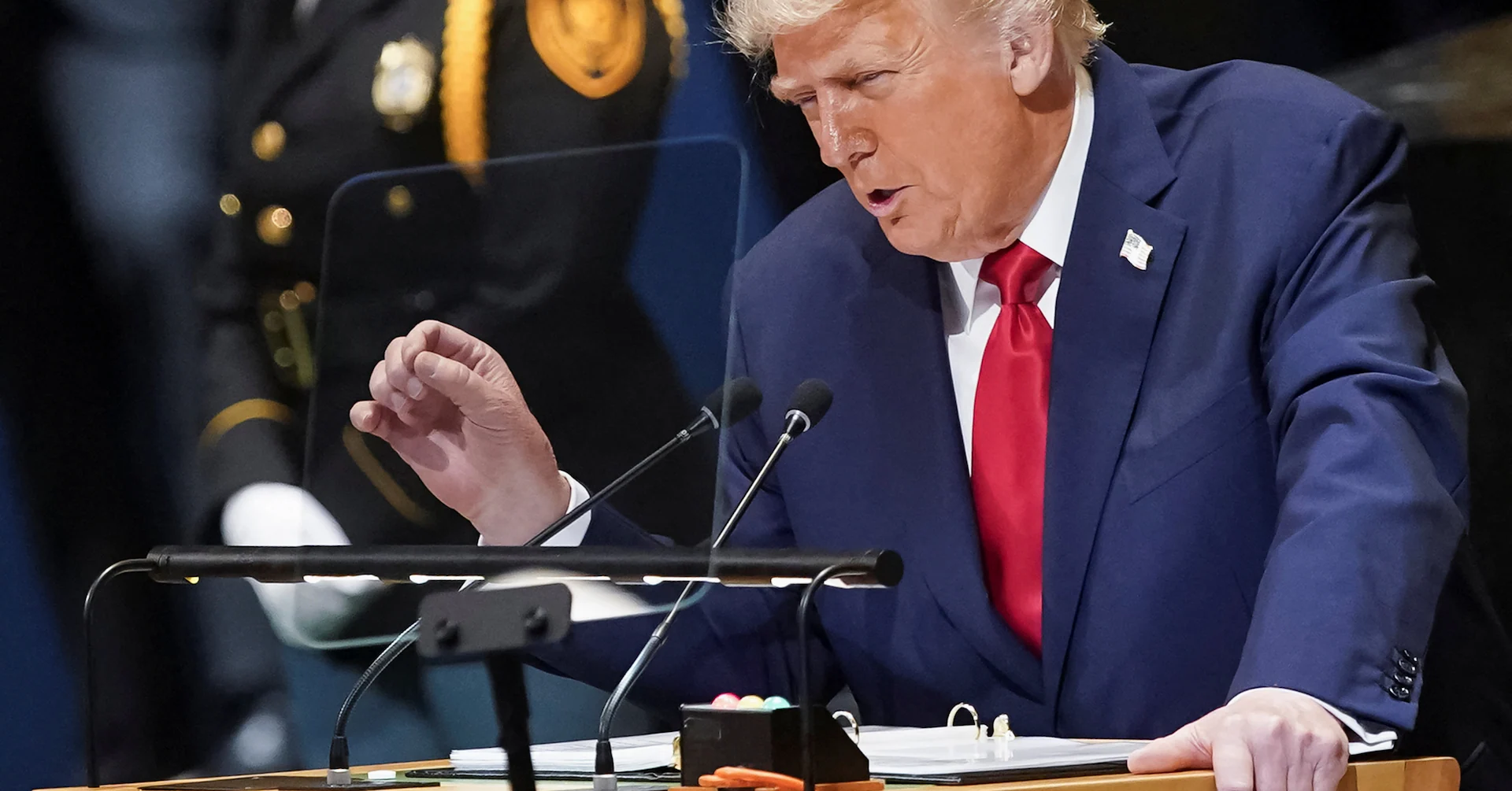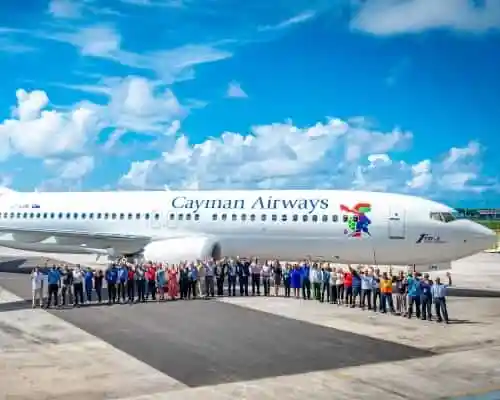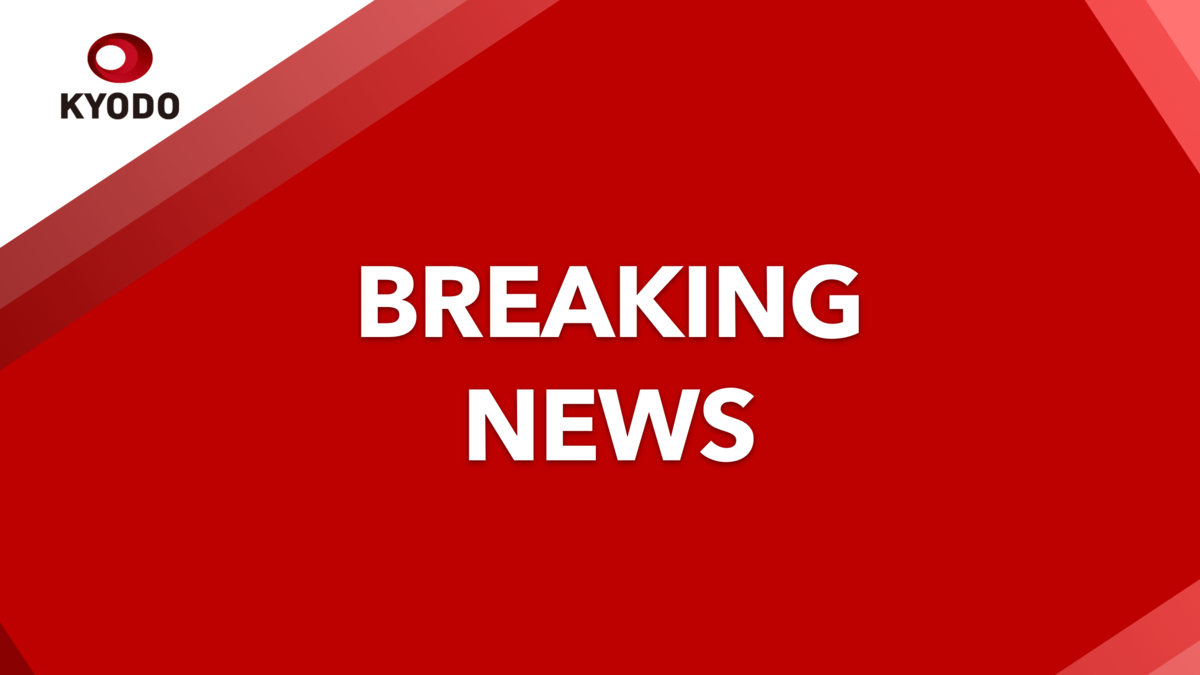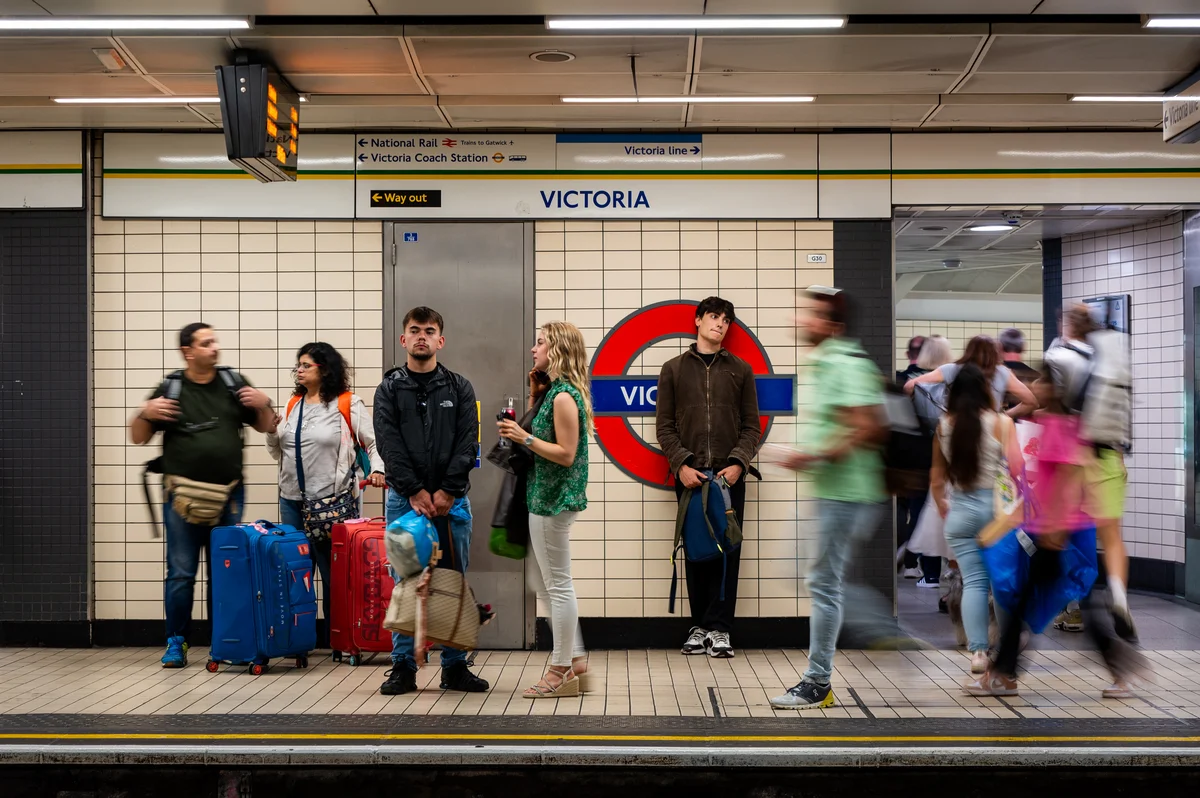
This is an excerpt of the Sustainable Switch newsletter, where we make sense of companies and governments grappling with climate change, diversity, and human rights on Tuesdays, Thursdays and Fridays.
Sign up here.
Hello,
Workers’ rights and migration are the focus of today’s newsletter as U.S. President Donald Trump announced a new fee scheme for H-1B visas, while his crackdown on diversity, equity and inclusion has left plans to tackle a critical shortage of aircraft mechanics in limbo, according to industry officials.
The change could deal a big blow to the technology sector that relies heavily on skilled workers from India and China.
The step to reshape the H-1B visa program represents his administration’s most high-profile effort yet to rework temporary employment visas.
Microsoft, JPMorgan and Amazon responded to the announcement by advising employees holding H-1B visas to remain in the United States, according to internal emails reviewed by Reuters.
Reuters was not immediately able to establish how the fee would be administered.
The H-1B visa, $100,000 and reactions
The H-1B program allows U.S. employers to hire foreign workers in specialty fields such as technology and engineering, and higher fees threaten to raise labor costs for tech companies that depend heavily on this talent pipeline.
Many criticized the move and the chaotic roll-out that required the White House to clarify the hefty fees would be charged just once, not annually, and they would not apply to existing holders, including those who happened to be overseas at the time of the announcement.
Critics of the H-1B program, including many U.S. technology workers, argue that it allows firms to suppress wages and sideline Americans who could do the jobs.
Supporters, including Tesla CEO and former Trump ally Elon Musk, say it brings in highly skilled workers essential to filling talent gaps and keeping firms competitive. Musk, himself a naturalized U.S. citizen born in South Africa, has held an H-1B visa.
Technology executives and investors said the new fees could add millions of dollars in costs for companies and disproportionately hurt startups, which may not be able to afford visas as part of their strategy.
Many immigration lawyers expect Trump’s move to be challenged legally soon.
What’s the potential impact?
“The ‘American Dream’ for aspiring workers will be tough,” Ganesh Natarajan, former CEO of IT outsourcer Zensar Technologies, said, adding that he expected firms to restrict cross-border travel and get more work done out of countries such as India, Mexico and the Philippines.
Industry body Nasscom said the move would “potentially have ripple effects on America’s innovation ecosystem” and disrupt business continuity for onshore projects.
“Services exports have finally been dragged into the ongoing global trade and tech war,” Emkay Global Chief Economist Madhavi Arora said, adding that it could disrupt the IT sector’s onsite-offshore model, pressuring margins, and supply chain.
But it’s not just IT in the crosshairs.
Worker shortage and Trump’s war on DEI
Plans to combat a U.S. shortage of aircraft mechanics are in limbo after funds aimed at training a mostly male workforce are being held up by government efforts to remove mention of diversity, equity and inclusion from its own notices of available grants, industry officials told Reuters.
Officials from one technical college and an education council said they were told by the Federal Aviation Administration earlier this year to reapply for grants once applications are rewritten to remove any references to DEI, in line with executive orders signed by Trump.
They said they have not seen any new notices.
The delay in the FAA Workforce Grant program’s funds comes as the industry faces an expected 10% shortfall in certified mechanics required to meet commercial aviation needs in the United States this year, according to a report by the Aviation Technician Education Council.
ESG LENS
Today’s Lens looks at which companies benefited the most from the H-1B visa. The program is mainly used by tech majors, including Amazon.com, Tata Consultancy Services, Microsoft and Meta Platforms. As for countries that benefit from it, India was the largest beneficiary of H-1B visas last year, accounting for 71% of approved beneficiaries, while China was a distant second at 11.7%, according to government data.
Click here for a Reuters Breakingviews comment piece on what Trump’s anti-immigration policies means for the future of innovation and the workforce in America.
Today’s Sustainable Switch was edited by Alexandra Hudson
Think your friend or colleague should know about us? Forward this newsletter to them. They can also subscribe here.



